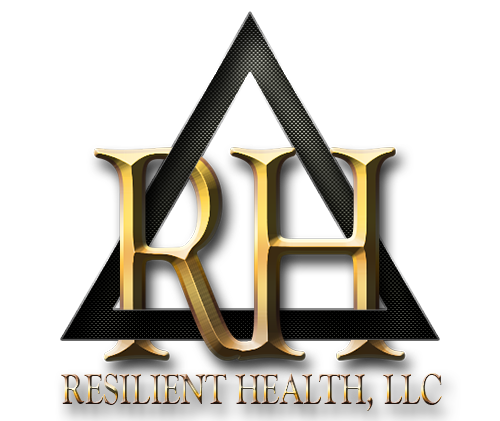The Role of Hydration in Muscle Performance and Recovery
Proper hydration is a fundamental, yet often overlooked, component of fitness and recovery. Water makes up about 60% of the human body and is essential for every physiological process, including muscle function, nutrient transport, and temperature regulation.
In this post, we’ll explore how hydration affects muscle performance and recovery, and share practical tips to help you stay optimally hydrated.
Why Hydration Matters for Muscles
Muscle tissue is approximately 75% water. Adequate hydration supports:
Muscle contraction and strength: Water facilitates electrical signals necessary for muscle fibers to contract effectively.
Nutrient delivery and waste removal: Hydration enables efficient transport of oxygen, glucose, and amino acids to muscles while flushing out metabolic byproducts.
Temperature regulation: Sweat helps cool muscles during exercise; dehydration impairs this process and increases fatigue risk.
Even mild dehydration (as little as 2% body weight loss) can reduce muscle strength, power, and endurance (Sawka et al., 2007).
How Dehydration Impacts Performance
Reduced muscle endurance and strength
Increased perceived effort and fatigue
Impaired cognitive function and coordination
Slower recovery and increased injury risk
Studies show that dehydrated athletes experience up to a 20% decrease in physical performance and slower recovery times (Goulet, 2012).
Hydration Strategies for Optimal Muscle Performance
1. Pre-Hydrate
Drink 500 ml (about 17 oz) of water 2 hours before exercise to ensure adequate hydration status.
2. Hydrate During Exercise
Consume 150-350 ml (5-12 oz) every 15-20 minutes, depending on sweat rate and intensity. For workouts over 60 minutes, consider electrolyte-enhanced drinks to replace sodium and potassium lost in sweat.
3. Rehydrate Post-Workout
Replace 125-150% of fluid lost during exercise within 2 hours post-workout. This can be measured by weighing yourself before and after training.
Signs of Inadequate Hydration
Dark yellow urine
Dry mouth and lips
Fatigue and dizziness
Muscle cramps or spasms
If you experience these symptoms, it’s time to increase your fluid intake.
Additional Tips for Staying Hydrated
Eat water-rich foods like cucumbers, watermelon, and oranges.
Limit excessive caffeine and alcohol, which can increase fluid loss.
Monitor urine color as a simple hydration gauge.
Adjust intake for hot or humid environments.
Final Thoughts
Hydration is a simple yet powerful tool to maximize muscle performance and speed up recovery. Staying consistently hydrated enhances strength, delays fatigue, and supports your overall fitness goals.
At Resilient Health, we emphasize hydration education as part of our coaching to help clients build sustainable, healthy habits for lasting results.
References:
Sawka MN, Cheuvront SN, Carter R 3rd. (2007). Human water needs. Nutrition Reviews.
Goulet ED. (2012). Effect of exercise-induced dehydration on time-trial exercise performance: a meta-analysis. British Journal of Sports Medicine.
